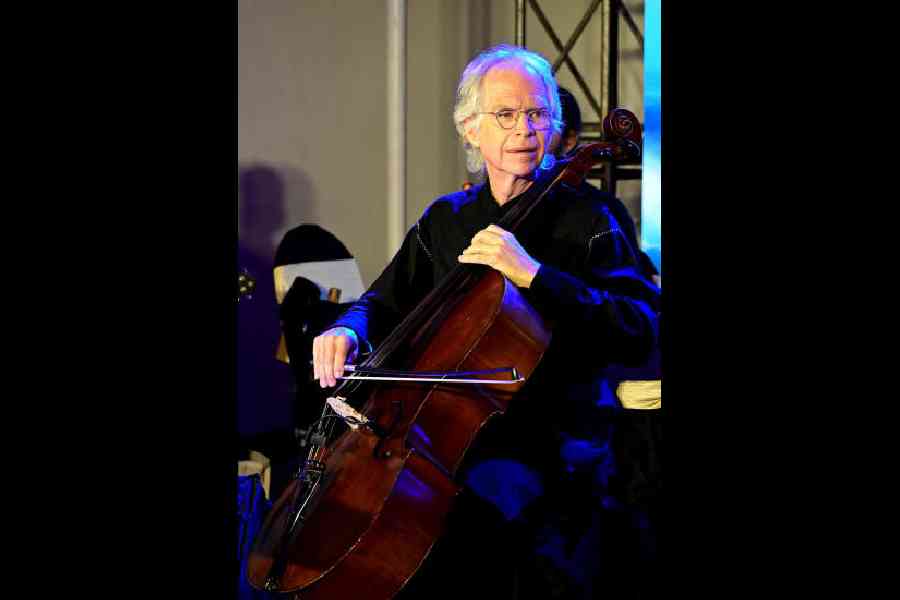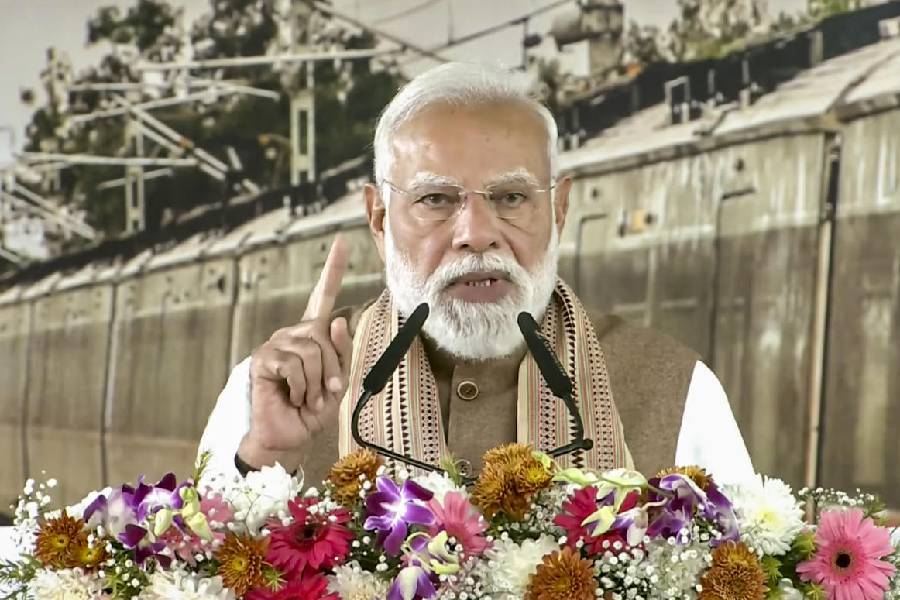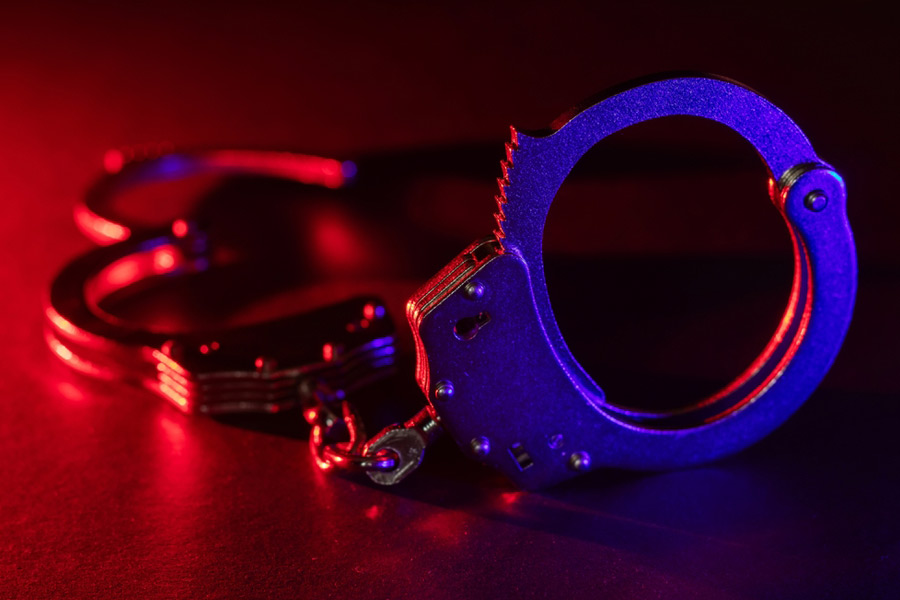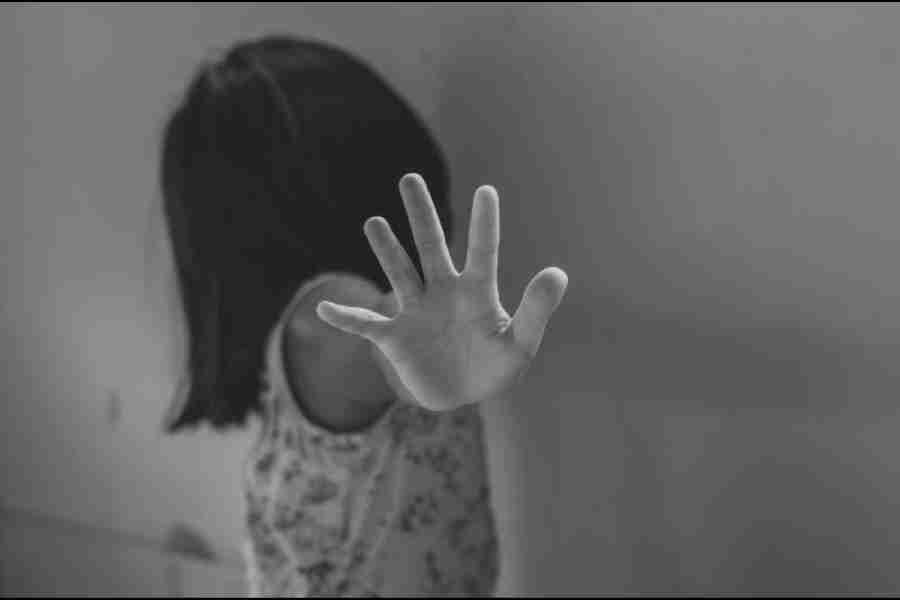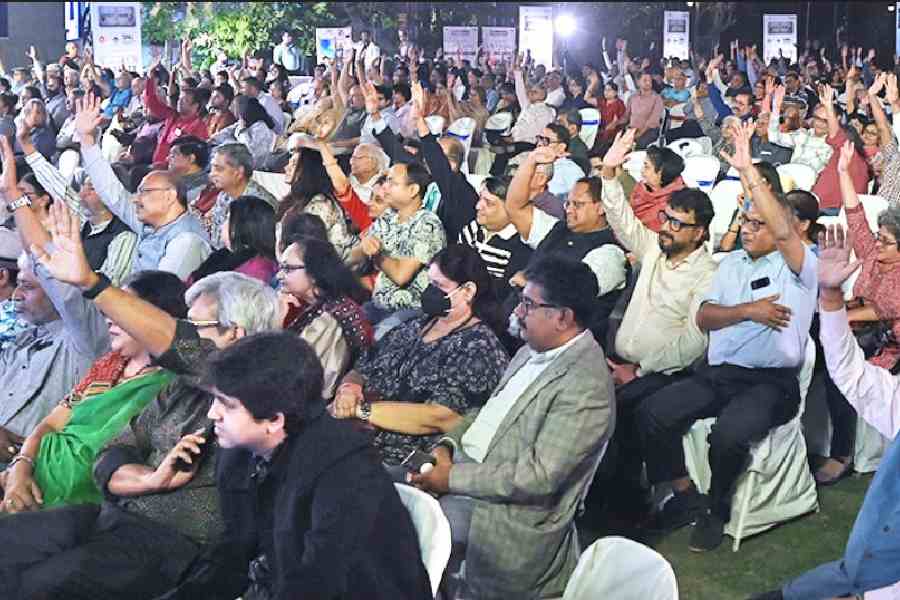Grammy-winning sound recordist and cellist Barry Phillips recently visited Calcutta for the music launch of Aniruddha Roy Chowdhury’s upcoming film Dear Maa, which centres on the theme of adoption. The launch was a collaboration between Eternal Sounds, led by Utsav Parekh, Gaurang Jalan, Mayank Jalan, and Bickram Ghosh, along with the Indian Museum. Bickram Ghosh also shouldered the music direction of the film. On July 7, the cast and crew gathered at the Indian Museum to unveil the film’s music on a vinyl record. Following the launch, Phillips performed live, playing the pieces he composed for Dear Maa. In a conversation with t2 post-launch, he shared his thoughts on Dear Maa, his Grammy win, his guru Ravi Shankar, and more.
How did you come on board for Dear Maa?
Bickram Ghosh has been a friend of mine for at least 25 years, and I love what he does. I was very pleased when he asked me to play the cello, and I said yes straight away. He selected specific pieces for me to perform and even suggested what I should play. Bickram composed the cello lines for me, saying I could try his lines while also having the freedom to improvise. I found that most of his lines worked well as they were, but I did record alternate versions for him to choose from.
Did you come to India for the recording?
The entire soundtrack was recorded in India except for my cello part, which I recorded at my home in California.
Did you see the film before recording?
Yes, I learned about the subject and storyline, and I did get to watch parts of the film before going straight into recording. Knowing the storyline definitely helps, but Bickram’s compositions really set the mood.
Is this your first collaboration for a Bengali movie?
I played some cello in Avijatrik, but it was just a small part. That music was also composed by Bickram. My main role was to master the music recording, but they needed a little bit of cello playing, so I contributed a small section and then handled the music mastering. But I saw Satyajit Ray’s The Apu Trilogy. I absolutely love the trilogy; I think it’s fantastic. I’m a huge fan, and my guru, Ravi Shankar, composed the music.
You were Ravi Shankar’s student and have arranged for him as well. Could you share how his music inspired your journey?
It’s hard to know where to start, as he has had a huge impact on my life, as he has on anyone he has met. I took cello lessons with him and helped him write his Western compositions, which changed the way I write my own music. I tried to absorb as much as I could from his music and incorporate it into my own works. So, the connection with Ravi Shankar has brought me to India many times, where I’ve met countless wonderful musicians. I can’t even measure the impact he has had on my life.
What do you particularly like about the musical landscape of India?
It’s difficult to pinpoint exactly what it is, but ever since I was a child, the first time I heard Ravi Shankar on record, it made a lasting impression on me. I was particularly excited by the energetic parts of Indian classical music when I was younger, and the virtuosity of the musicians here is stunning. Ravi Shankar’s virtuosity was remarkable. There’s great depth and sensitivity in Indian music, showcasing both the quiet moments and the intense rhythms. There are so many aspects to it — not just the melodic intensity but also the rhythmic intensity. It’s hard for me to articulate why it appeals to me, but it’s simply beautiful and heartfelt.
You have received one of the most prestigious awards in your field, the Grammy, in 2013, for recording Ravi Shankar’s music. What was that experience like?
It was amazing. I remastered a lot of his recordings, but the most exciting part was that the Grammy was for a new recording I did of Ravi Shankar —his The Living Room Sessions Part 1. It meant a lot to me, and it was a big surprise because he didn’t tell me we were making an album; he just wanted me to record him. After we finished recording, he said: “Okay, let’s release this as an album.” So that was unexpected. It was a great honour to have a Grammy connection with someone like Ravi Shankar, whom I love deeply.
You have collaborated with many musicians over the decades. Is there anyone who holds a special place in your heart?
It’s tough to choose, as each collaboration is unique. I would pick Ravi Shankar, but others have also brought me equal joy.
Dear Maa’s music launch was done in an analogue manner on a vinyl record. How did you feel about it?
I enjoyed it because I come from the analogue age. I grew up with vinyl before cassettes were popular. I’m happy to see vinyl making a comeback, so it was lovely to see the Dear Maa music launch happen on that medium.
Do you still listen to music on vinyl, or do you prefer digital mediums?
I do have a turntable, but since I listen to most of my music on the go, I tend to use digital formats. I have records on vinyl, but I don’t appreciate the noise that develops over time. As a recording engineer, the pops and crackles are not pleasant to me. I love the physicality and large artwork of vinyl records, but listening to music while moving around can be challenging. I appreciate the tradition of vinyl very much.
You mentioned your long association with India, but have you ever been to Calcutta before?
Yes, this is my third visit to Calcutta. I’ve been here twice before, but those were really short trips.
What do you like about the city?
From the moment I arrived the first time, I felt a sense of warmth from the people I met. I also appreciate how much of the English charm is still present in this city due to its historical connections. The architecture reminds me a lot of England. However, the warmth I received from the people truly stood out for me. I felt very comfortable from day one.
Calcutta is also known for its food. Have you had a chance to try any local dishes?
Yes, I’ve tried some local dishes and street food that I really enjoyed. Unfortunately, I can’t remember the names, but the food has been fantastic.
Are you hopeful about more collaborations in India, particularly with the Bengali film industry?
I am very hopeful. In fact, during this nine-day trip, talks on two albums and some potential film projects have developed. I might just have to move to Calcutta! (Laughs)

